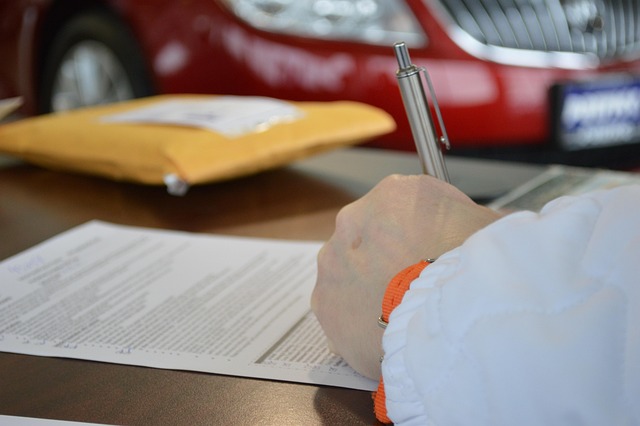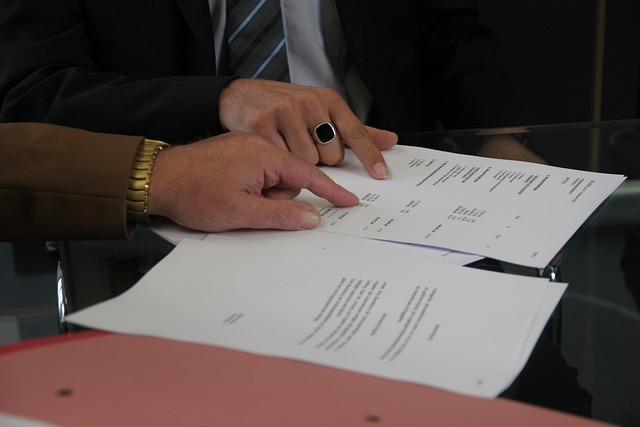Demystifying Pensions
These are odd creatures. Sometimes they can be the highest valued asset arising from the marriage or perhaps the next after the family home. So why are they treated separately from all other assets arising from the marriage? Why can’t you receive a share of the pension in terms of a capital lump sum payment?
You can, but it requires an agreement between you and your spouse. This is known as ‘offsetting’, but first, it may be useful to give a brief and extremely basic overview of the world of pensions. This is by no means all-encompassing and when dealing with pensions on divorce/dissolution it is so important to obtain early specialist legal advice.
Pensions have various guises. For example, they can be money purchases, defined contributions or defined benefit schemes. They can be private pensions or those provided through employment. There are many varieties and we generally just know them simply as a ‘pension’. Little importance is often attributed to a pension and what it provides as retirement is often considered as something that will happen a long time into the future, but it catches up with you! The statistics surrounding pension shares in the financial settlement are worrying.
The overriding importance of any type of pension is the individual CETV or in basic terms the current value of the pension fund. This is not representative of the monthly pension contributions paid into the pension but the value of those contributions as investments. CETVs can vary greatly and are not always representative of the actual value of the pension. The pension provider will provide this request information annually by way of a pension statement/forecast. Some pension providers request a fee regardless.
CETVs for pensions are a very important part of any financial discussions arising on divorce/dissolution, they are provided to the pension holder and this forms part of the disclosure process which is essential for negotiations.
The main reason it is treated as a separate asset is the fact a pension is a future asset. There are limited ways you can draw against any pension. The pension scheme will state the earliest age at which any lump sum (cash) can be drawn out and the age when payments are made by way of retirement income. Issues of tax may arise.
There are 2 main ways of considering how to share the pension. One is a share of the pension fund. This takes the pension value and divides the fund as agreed or advised by an actuary having considered the value of the pensions. The equality of division is unlikely to provide equality of income in retirement.
The other method of a pension share would be to provide equality of income on retirement. Again, for this, you will require an actuarial calculation. Different types of pensions and schemes have different rules and specialist advice must be taken on this. It is not quick, often being some 8 – 12 weeks in preparation, but is invaluable.
The pension share is a transfer of pension funds from one pension to another pension. It is not paid in cash. You each therefore will have a pension in your respective sole names into which you can make further contributions.
Pensions are important assets and should not be glossed over. It is therefore crucial to remember to consider the current value of any pension provision within any financial negotiations. It will not provide you with an immediate lump sum but will provide future income which may be much needed on retirement – however far in the future that may be.
The benefit of early legal advice in dealing with finances on divorce/dissolution can not be understated. There are many nuances to the issues of pensions that require specialist advice and knowledge. You need to understand the type of pensions you are dealing with, what your entitlements are, whether actuarial advice is needed and options for dealing with them both in negotiations and in overall settlement.
We are specialists in resolving finances on divorce and separation, if at the start of your journey to separate or at any stage of the process do get in touch, we are here to help. Contact us here.
By Nicki




